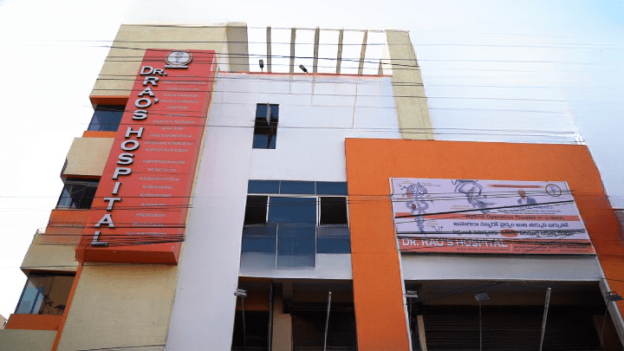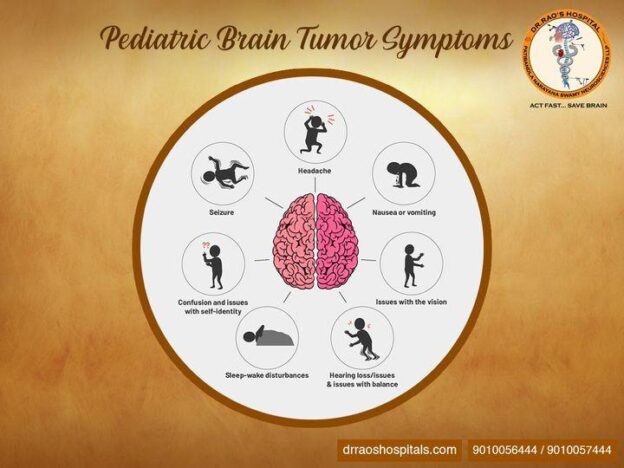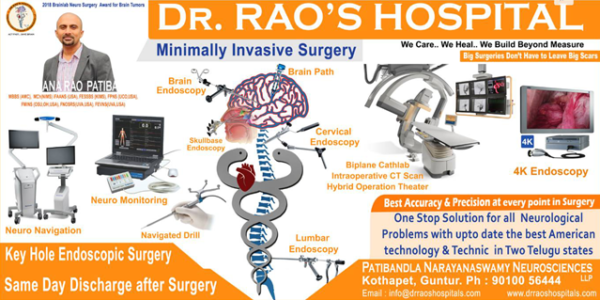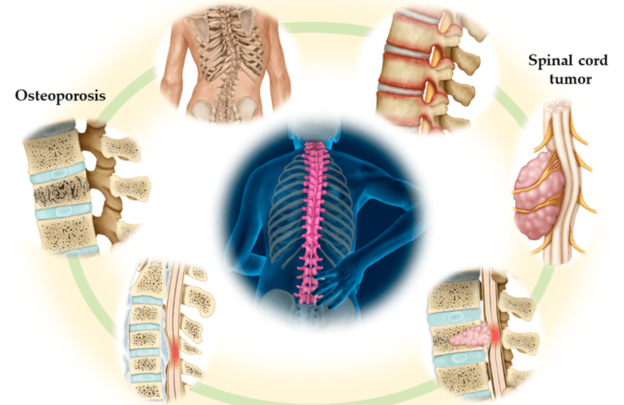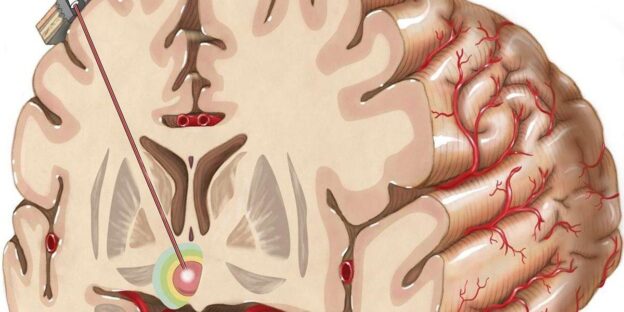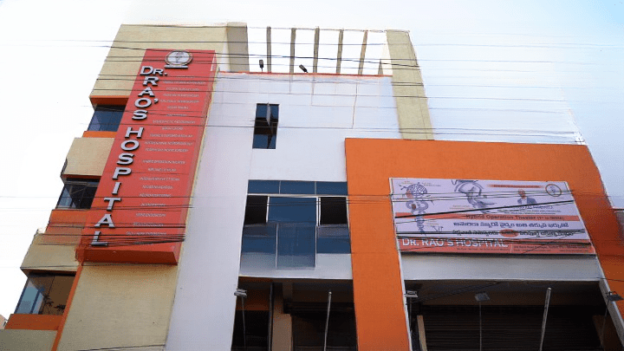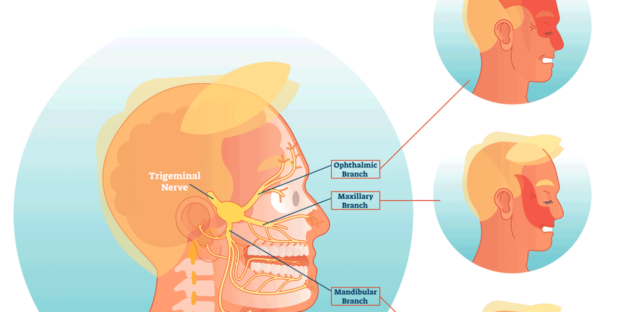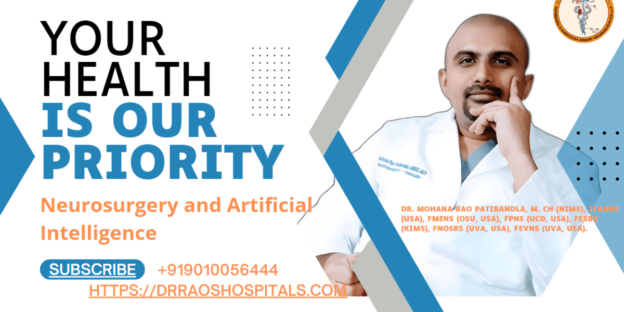How Much Does Neurosurgery Cost in India
Neurosurgery is a highly specialized medical care field encompassing brain and spine procedures. While the prospect of undergoing neurosurgery can be daunting, it’s essential to consider the medical and financial aspects. In India, neurosurgery offers high-quality treatment at a fraction of the cost compared to many Western countries. In this blog, we’ll delve into the factors influencing the cost of neurosurgery in India and highlight Dr. Rao and Dr. Rao’s Hospital, renowned for their expertise in neurosurgical procedures.
Factors Affecting Neurosurgery Costs:
Several factors affect the cost of neurosurgery in India:
- Type of Surgery: The complexity and neurosurgery significantly impact the cost. Brain surgeries and spine surgeries vary in intricacy and, consequently, cost.
- Hospital Choice: Hospitals like Dr. Rao’s Hospital are equipped with state-of-the-art facilities and a team of experienced neurosurgeons, but they offer treatment at an affordable cost, unlike the hospitals in the metros, which may have higher costs.
- Location: The cost may vary depending on the city and region in India. Major metropolitan areas might have drastically higher costs.
- Doctor’s Fees: The fees charged by the neurosurgeon performing the surgery can vary.
- Hospital Stay: The duration of hospitalization impacts the overall cost. Some procedures require extended stays for recovery and monitoring.
- Diagnostic Tests: Pre-operative tests, such as MRI, CT scans, and blood work, are essential and add to the cost.
- Follow-up Care: Post-surgical care, rehabilitation, and follow-up appointments contribute to the overall expense.
Comparative Costs:
The cost of neurosurgery in India is significantly lower than in many Western countries, making it a preferred destination for medical tourists. For example, a complex brain surgery that may cost tens of thousands of dollars in the United States can often be performed with the same level of expertise in India for a fraction of the price.
Dr. Rao’s Hospital: A Hub for Excellence in Neurosurgery
Dr. Rao’s Hospital, located in Guntur, Andhra Pradesh, is a leading center for neurosurgery in India. Under the guidance of Dr. Mohana Rao Patibandla, a renowned neurosurgeon with extensive international training and experience, the hospital offers world-class care in neurology, neurosurgery, and spine surgery. The hospital’s commitment to patient well-being, cutting-edge technology, and a team of skilled professionals make it a preferred choice for neurosurgical procedures.
Affordability Without Compromising Quality:
One of the primary reasons India has become a hub for medical tourism is the affordability of high-quality healthcare. Dr. Rao’s Hospital upholds this standard by offering exceptional care at competitive rates, making it accessible to a broader range of patients seeking neurosurgical solutions.
Conclusion:
Neurosurgery is a critical medical field for addressing brain and spine-related disorders. The cost of neurosurgery in India is a fraction of what it is in many Western countries, making it an attractive choice for individuals needing these procedures. Dr. Rao’s Hospital stands out as a beacon of excellence, providing world-class care at an affordable cost.
When it comes to your health, quality should always be a priority, and at Dr. Rao’s Hospital, you can expect the best in neurosurgical care without breaking the bank. If you or a loved one are considering neurosurgery, exploring the options in India, especially at Dr. Rao’s Hospital, could be the key to a healthier future.

